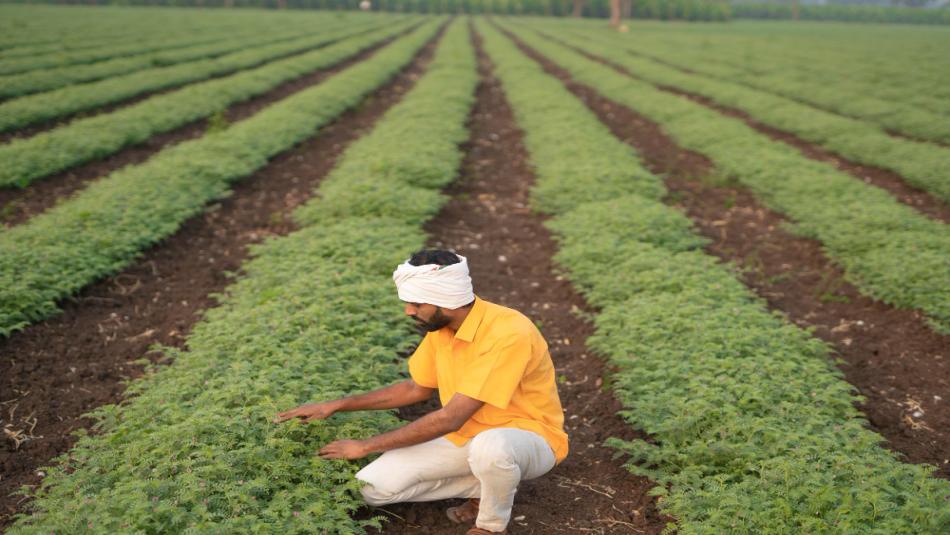
Chickpea cultivation is a vital and profitable crop for farmers in India. Not only is it rich in nutrition, but it also commands a good market value. However, to grow a successful chickpea crop, it is essential to focus on certain key aspects. Neglecting these factors can result in crop failure and significant losses. Let’s explore the critical factors for successful chickpea farming that will help your crop flourish.
Timing of the First Irrigation: Chickpeas do not require excessive water; they need limited irrigation at the right time. The first irrigation should be carried out within 30 to 45 days after sowing. This period is crucial as the crop grows rapidly, and the leaves are ready to be used as greens. Timely irrigation speeds up the flowering process in plants.
Timing of the Second Irrigation: The second irrigation plays a vital role in chickpea farming. It should be done approximately 70-75 days after sowing. Although morning dew helps chickpeas mature, additional water ensures better growth and yield. Delayed irrigation can weaken the plants.
Right Time for Irrigation: Timely irrigation is extremely important in chickpea farming. Delays or neglecting irrigation can affect plant growth and degrade crop quality. Therefore, farmers should ensure they follow the correct timing and water quantity for irrigation.
Improvement in Yield: Irrigating at the right time and with the proper amount enhances the yield of chickpeas. Healthy plants are less susceptible to diseases and pests, leading to better quality and higher production. This not only helps the crop flourish but also boosts the farmer's profit.
Soil Preparation and Seed Selection:
Chickpea farming thrives in light, loamy soil. Before planting, ensure the field is well plowed and leveled. Select high-yielding seed varieties that can grow well with minimal water.
Proper Use of Fertilizers: Using organic fertilizers benefits chickpea cultivation. Apply nitrogen and phosphorus-based fertilizers in the correct proportions to promote root growth and enhance flowering and fruiting.
Pest and Disease Control: Chickpea crops are often vulnerable to pests and diseases. Regularly inspect the crops and use organic pesticides to protect them. Timely spraying can prevent crop damage.
Conclusion: For successful chickpea farming, it is essential to maintain timely irrigation, use proper fertilizers, and adopt advanced farming techniques. By following these practices, farmers can increase their yield and profits. With the right knowledge and effort, chickpea farming not only becomes economically rewarding but also contributes to improving soil fertility.
Latest Update